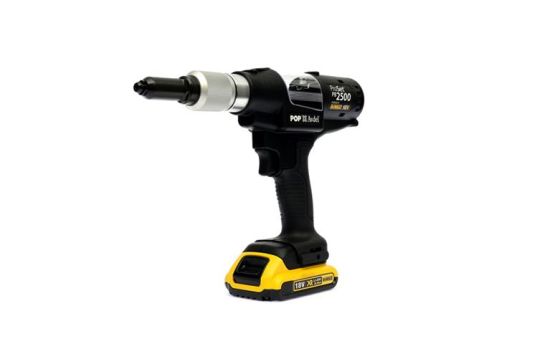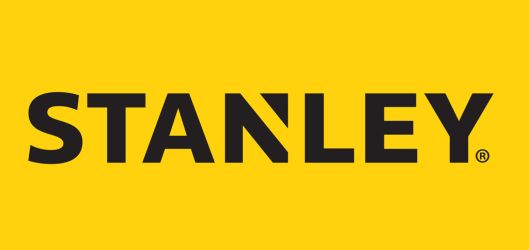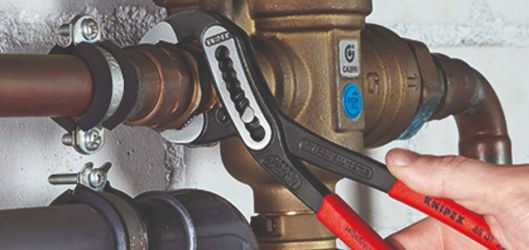
Home Depot, the world's largest home improvement retailer, has signed a deal with STANLEY to becomes its exclusive home improvement retailer for hand tools and storage products, starting 2019.
Home Depot has also secured exclusivity with tape measure brand STANLEY FATMAX. Previously, the US-based retailer gained sole retail of DEWALT FLEXVOLT cordless tools and DEWALT hand tools, also from the STANLEY portfolio.
Stanley Black & Decker's Q3 2018 results saw net sales grow $3.5 billion, up 4% organic.
Tools and Storage net sales grew 3% with volume (+5%) and price (+1%) partially offset by currency (-3%). There was strong organic growth in North America (+6%), Europe (+3%) and emerging markets (+10%). Europe growth was supported by new products and successful commercial actions overcoming market pressure and customer transitions in the UK.
Engineered Fastening organic revenues were up 1% as industrial and automotive fastener penetration gains were partially offset by the expected impact from lower automotive system volumes. Infrastructure organic revenues were down 6% due to anticipated lower pipeline project activity in Oil & Gas partially offset by growth within Hydraulic Tools.
The overall Industrial segment profit rate was 16.8%, excluding charges, down from the 3Q 2017 rate of 18%, as productivity gains and cost control were more than offset by commodity inflation and the modestly dilutive impact from the acquisition of Nelson Fasteners.
Donald Allan Jr, Exec VP and CFO referenced significant price increases and tariffs in his statement.
"Our 2018 guidance now contemplates $370 million of commodity, currency and tariff headwinds and delivers strong organic growth of 6% and adjusted earnings per share growth of 9%. We are pleased with our expected 2018 performance given the magnitude of the headwinds.
"As we shift to 2019, we are now preparing for the carry over effect of the 2018 headwinds. We will continue to pass on these input cost increases to our customers as price increases. Additionally, we are taking actions to adjust our supply chain and cost structure. We anticipate the cost reduction program to deliver $250 million in annual cost savings in 2019."



